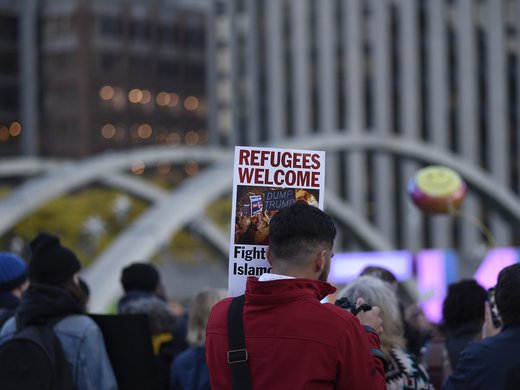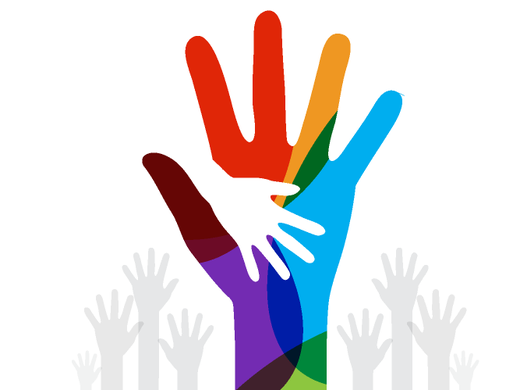In the aftermath of Britain's exit from the European Union, it has been widely remarked that North America could very well begin to stake out a clearer place for itself in the international system. As Canadian PM Justin Trudeau hosts his American and Mexican counter-parts at this year's Three Amigos Summitt, mutually shared concerns and interests will be undoubtedly discussed. To help us understand the issue of migration and why it will feature so prominently in this year's summit we sit down with CIGI fellow and global security expert Andrew Thompson.
CIGI: What has been so controversial about the Mexican visa requirement? How do our Visa requirements stack up against our American neighbors?
Andrew Thompson: The visa requirements were interpreted by Mexico as a political slight rather than something grounded in sound policy.
CIGI: If Trump gets elected president, how quickly should we expect to see migration policy in North America change?
Thompson: Regardless of who is elected, it’s conceivable that there will be stricter visa requirements for all travellers that aim to restrict mobility. It’s also quite conceivable that all travellers to the US will be required to submit biometric data. The sad reality is that at the moment there is a lot of fear and anxiety in the United States about immigrants generally, and especially illegal migrants. As we have seen on too many occasions, anti-immigrant rhetoric has become an ugly part of the US presidential campaign. Migrants, especially Hispanic migrants, have been blamed for a whole host of problems. They have been portrayed as a threat to national security, as criminals, and as a threat to US prosperity (i.e. Mexico is taking away American jobs).
CIGI: There have been reports that govt officials cautioned PM Trudeau about lifting this ban. What kind of arguments sit against lifting this ban?
Thompson: The principal rationale against lifting the ban is that it will lead to more asylum claims. The reality is that there are serious human rights violations taking place in Mexico -- torture being one of them -- and that there are some Mexicans who are in need of international protection. Visa restrictions designed to stem asylum claims are by no means restricted to this particular instance. Ottawa has at various times resorted to imposing visa restrictions in order to deter individuals or groups of individuals from attempting to make claims in the first place. It is a strategy for getting around the obligations of the 1951 Refugee Convention — which requires states to grant asylum to those with a genuine fear of persecution, and prohibits the practice of “refoulement," or returning someone to their country of origin despite a well-founded fear of persecution — as well as the 1984 Convention Against Torture, which prohibits the return of individuals who have a well-founded fear of torture and ill-treatment.
CIGI: What sort of interests do Canada and Mexico share when it comes to migration?
Thompson: Both countries benefit from easy mobility in and out of the United States. Historically, Canada has distanced itself from Mexico rather than collaborate with its North American partner. In the past, Ottawa has argued that the Canada-US border should not be treated the same way as the US-Mexican border, that any restrictions of movement on the southern border should not apply to the northern border. In this respect, the relationship has tended to be more competitive and collaborative.
CIGI: What sorts of policies can increase our capacity as a continent to deal with emerging migration issues?
Thompson: Leaders from all three countries must denounce anti-Hispanic xenophobia. The reality is that we live in an era of mass movements of goods and peoples. Divisive and cynical rhetoric aimed at migrants only exacerbates tensions and makes cooperation more difficult. And there is a tremendous need for regional solutions on a whole host of transnational issues — not just migration — from trade to lowering greenhouse gas emissions and environmental protection to addressing gun violence. The reality is that Canada, the US, and Mexico are all stronger working together than apart.


